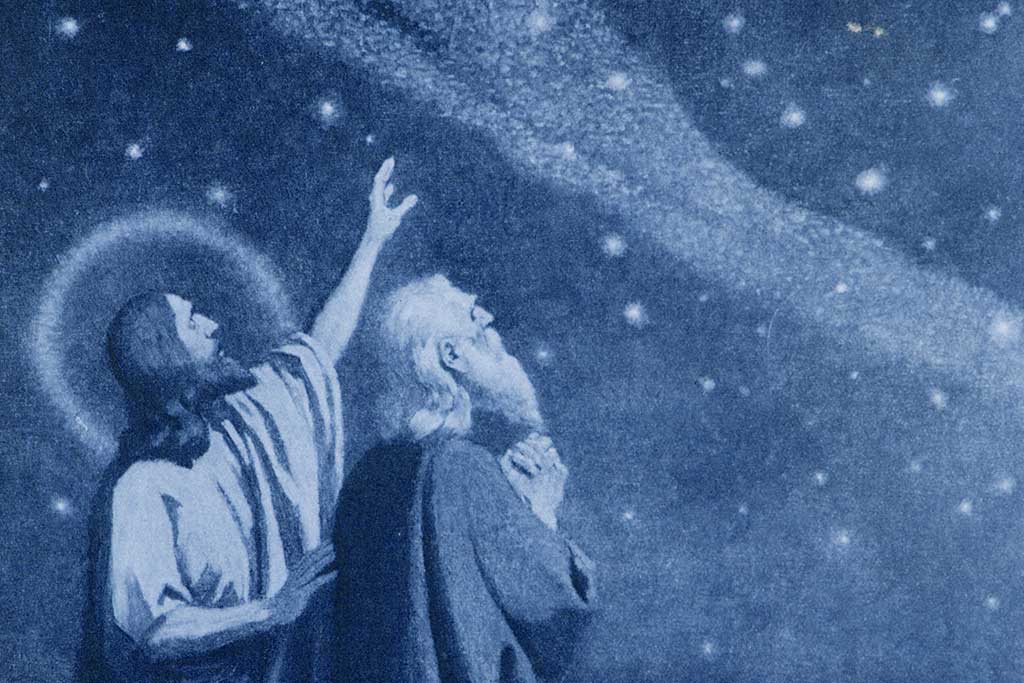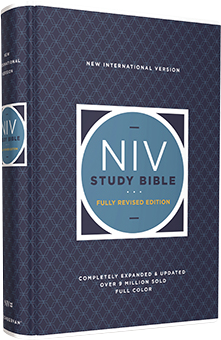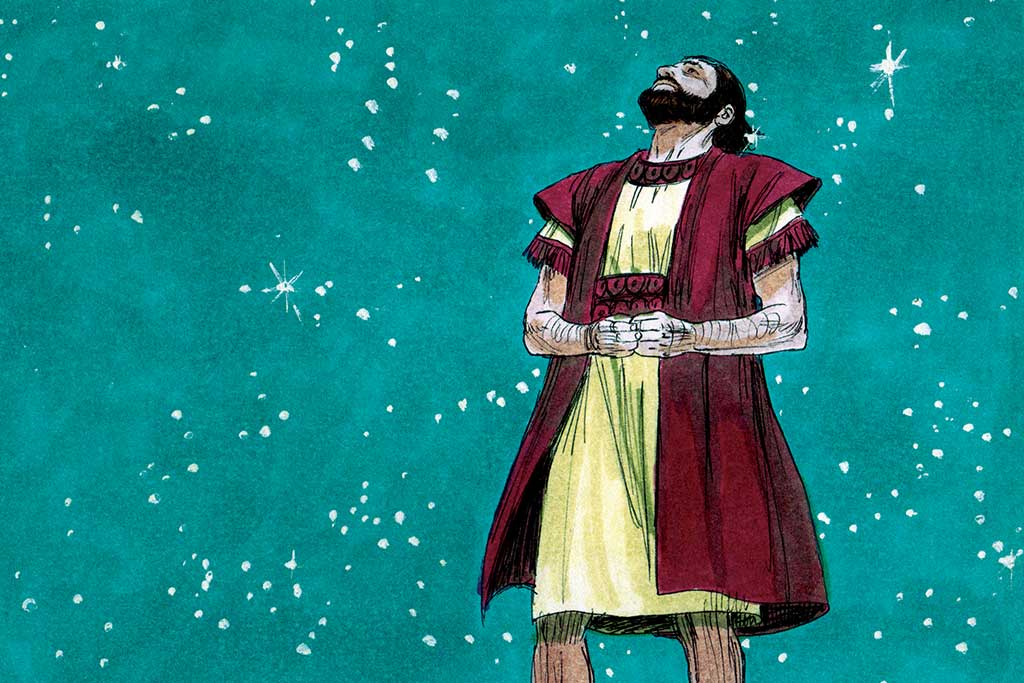
What is the Abrahamic Covenant?
The Lord had said to Abram, “Go from your country, your people and your father’s family. Go to the land I will show you.
“I will make you into a great nation,
and I will bless you;
I will make your name great,
and you will be a blessing.
I will bless those who bless you,
and whoever curses you I will curse;
and all peoples on earth
will be blessed through you.”
– Genesis 12:1-3
God’s covenantal relationship with his family marks a distinct turning point in history with the introduction of God’s covenant with Abraham. In the first eleven chapters of Genesis, humanity is depicted in a continual back spiral towards sin. Then in Genesis 12:1-3 the introduction of God’s plan for a path toward redemption is unveiled.
The Abrahamic Covenant
The Abrahamic covenant comes in a series of three covenantal interactions between God and Abraham, which build upon each other (Genesis 12:1–3; Genesis 15:1–21; and Genesis 17:1–27). Through these interactions, three overarching promises are made by God:
1. Abraham would be given land (12:1)
2. From him would come a great nation – even though he and his wife had not been able to have children at the time the promise was made (12:2; 15:2)
3. Through God’s blessing of Abraham and his descendants the whole earth would be blessed (12:3)
Key aspects of this covenant are its unconditional elements, its universal benefit, and its everlasting nature.
An Unconditional Promise
The promises that God gave to Abraham (Genesis 12:1–3) do not require any righteous actions on Abraham’s part and are unconditional in nature. In the exchange in chapter 15 God bears the responsibility of covenant fulfillment by participating in a self-maledictory covenantal ceremony stipulating symbolically that he himself will bear the consequences should the covenant be broken by either party. God does, however, call Abraham to live in loyalty and faithfulness with him in response to divine grace (Genesis 17:1, 10–14).
For All People
From the very outset, this covenant was not solely focused on the blessing of Abraham and his descendants, but rather the entire world was seen as the ultimate beneficiary of this covenant— it is universal.
For All Eternity
This covenant also finds significance as it is established as an “everlasting covenant” (Genesis 17:7–8). The people of Israel across their history hold onto the promises of this covenant and appeal to them (Exodus 32:13) and Yahweh himself remembers these promises and acts accordingly (Leviticus 26:42). In the New Testament, Mary and Zechariah saw Christ’s birth in terms of God’s covenant with Abraham (Luke 1:72–75).
The ultimate fulfillment of the Abrahamic covenant comes in Jesus Christ, the true “offspring” of Abraham (Galatians 3:16). Those who are in Christ are now also considered “Abraham’s offspring” and heirs of the covenant promises through the new covenant. (Galatians 3:29).
Article from content in the NIV Study Bible, Fully Revised Edition.

NIV Study Bible, Fully Revised Edition
The NIV Study Bible, Fully Revised Edition, gives you just the right amount of study helps exactly where you want them. The study Bible millions have come to trust is now fully updated, guiding your steps as you confidently venture into Scripture.
Learn More





